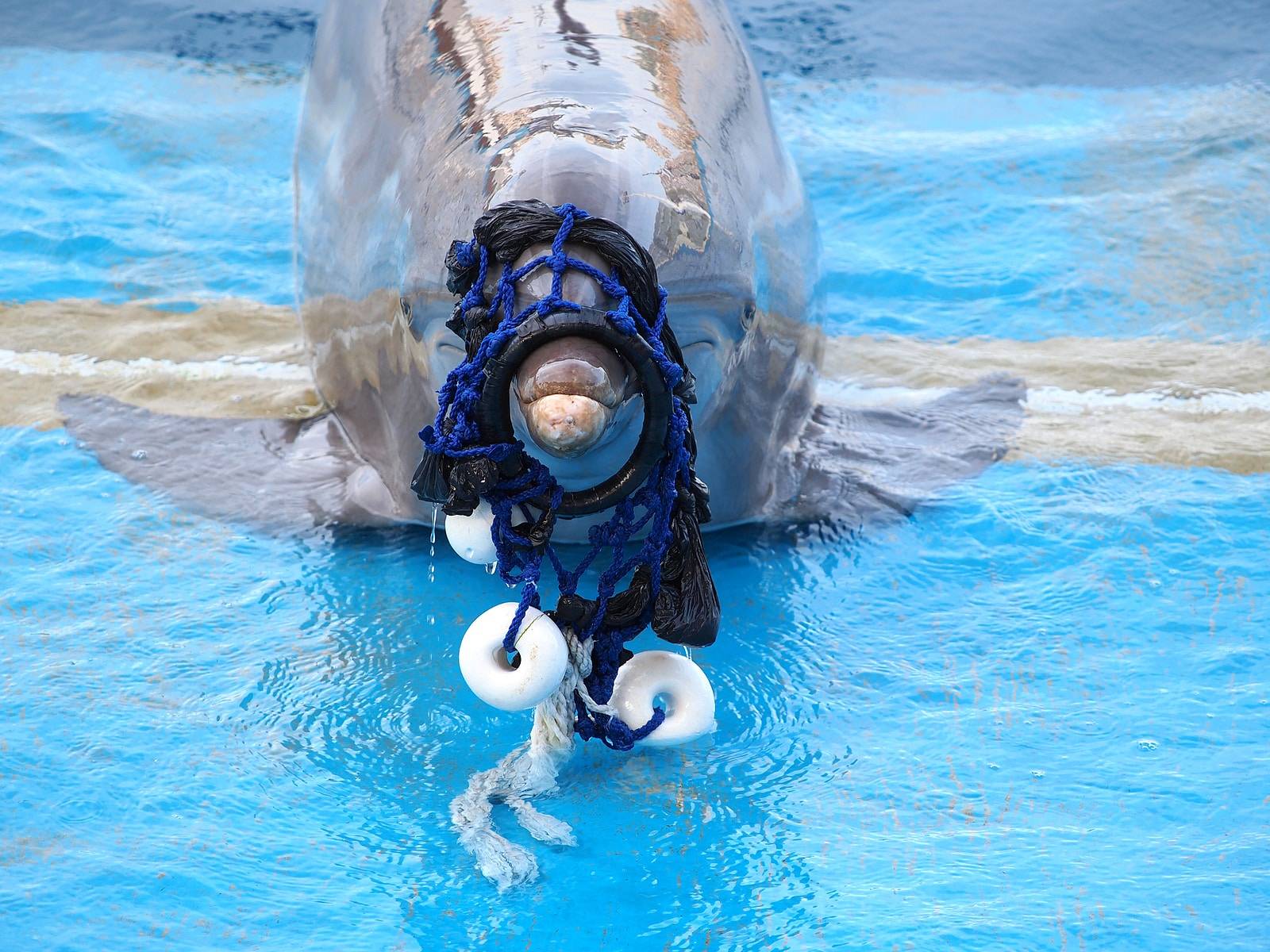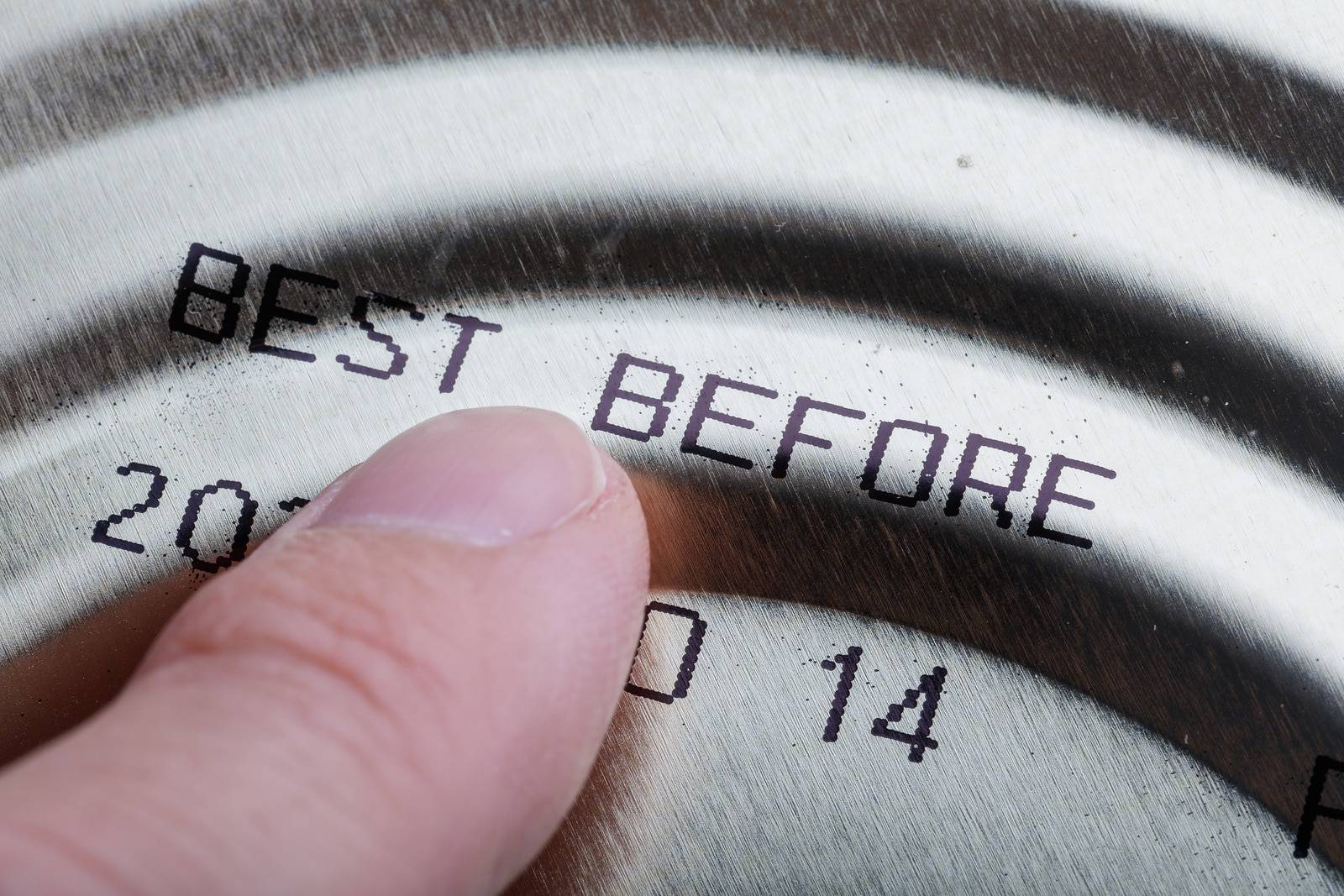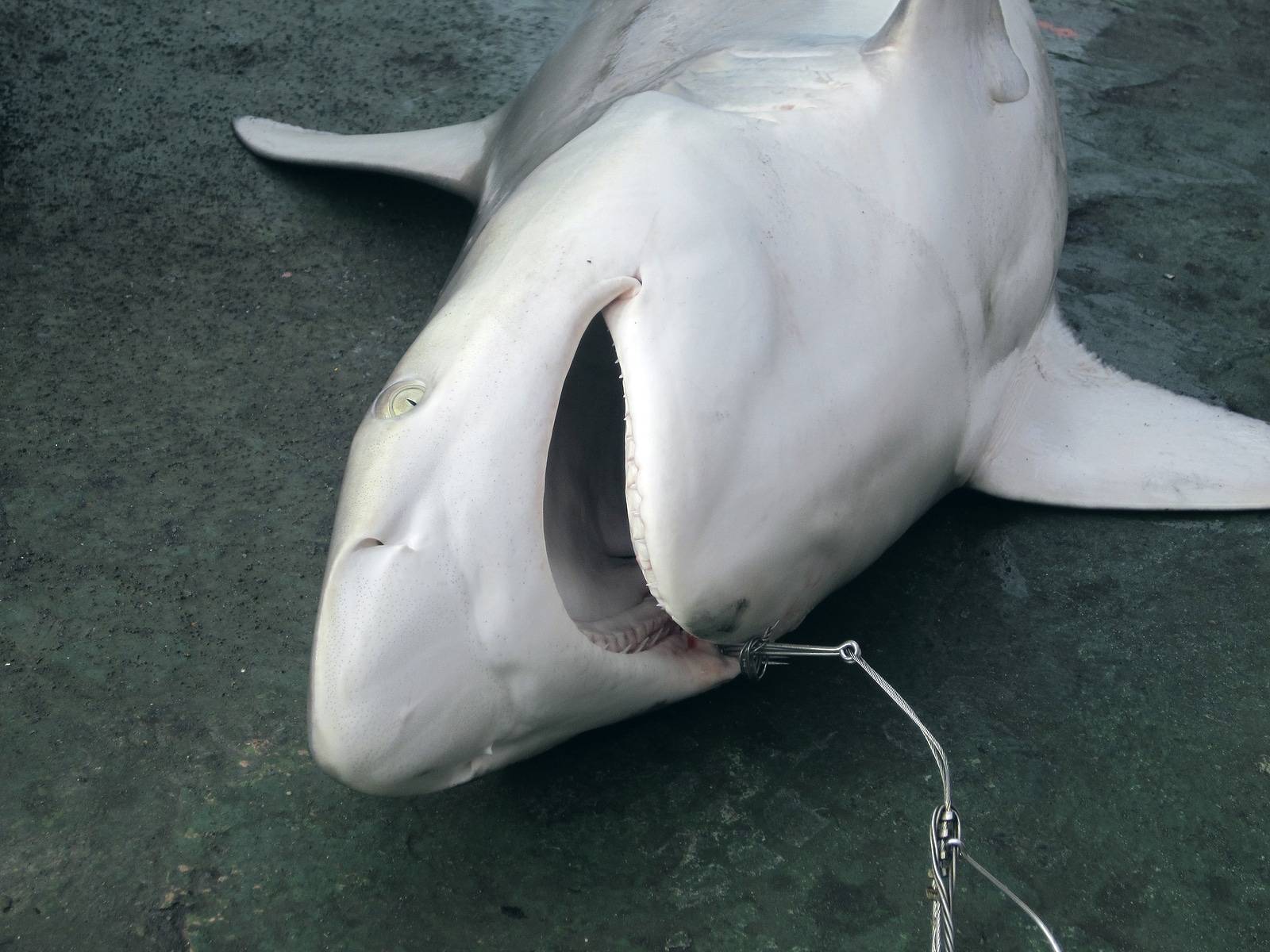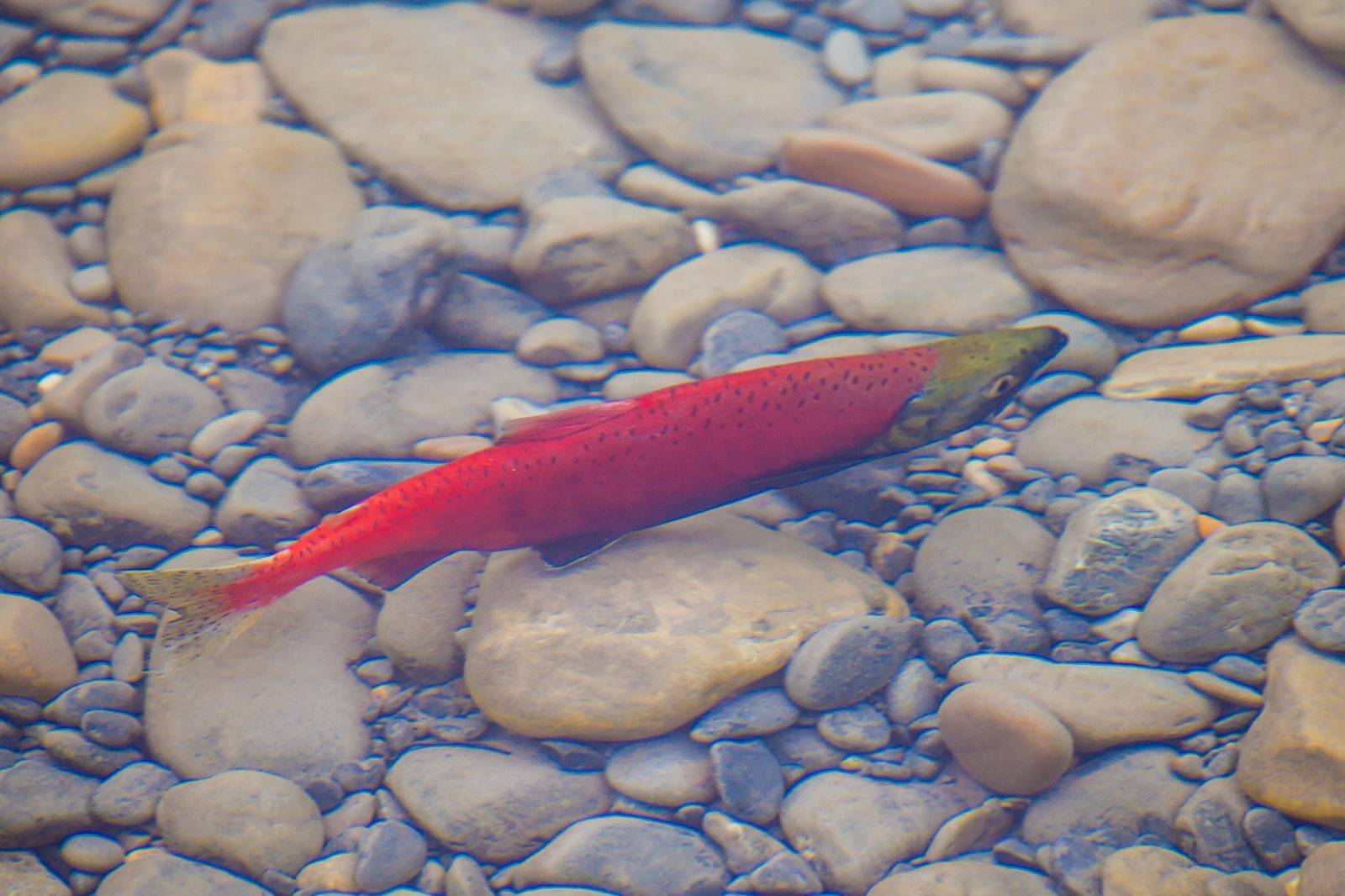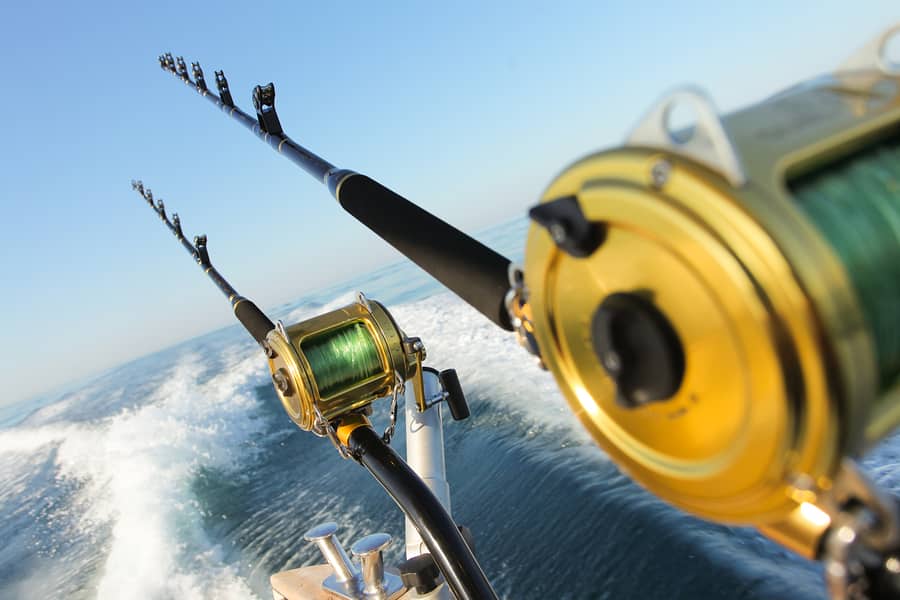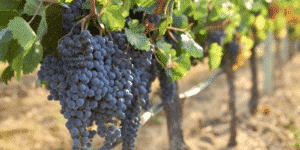Earth Island Institute admits that it receives donations from the companies it verifies, making their determinations questionable at best. The company has never had an external scientific data audit to prove whether its labeling program has any level of accuracy. The truth is that under current U.S. labeling standards, bycatch, including that of dolphins, sharks, whales, and sea turtles, does occur in high frequency, and the actual number of sea creatures lost is unknown in most cases.
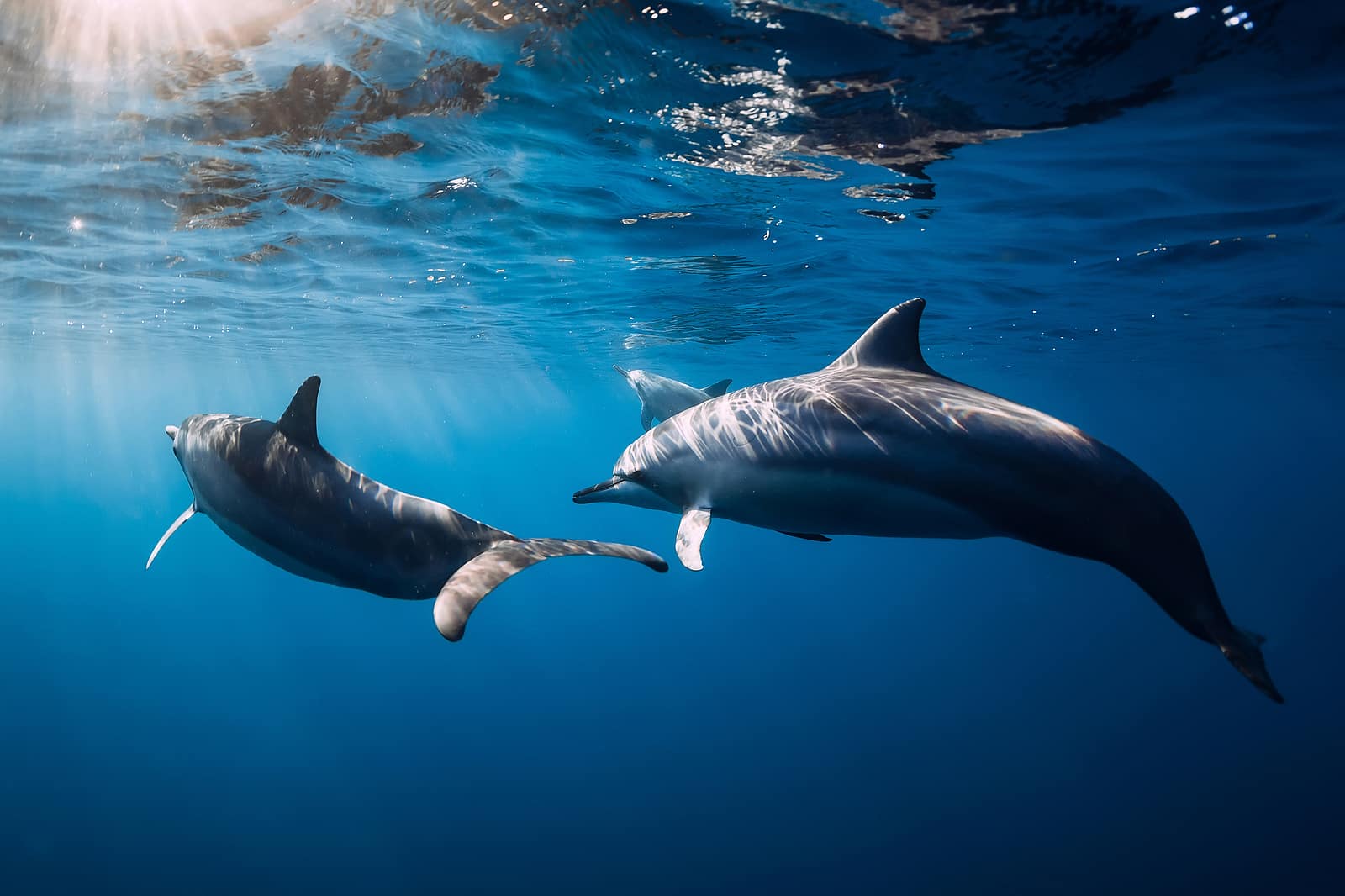
According to an article published in National Geographic, Zak Smith, an attorney with the Natural Resources Defense Council, was a contributing author to a 2014 report titled Net Loss: The Killing of Marine Mammals in Foreign Fisheries. Among other alarming facts, the report cites estimated that more than 650,000 marine creatures were caught or seriously injured in fisheries every year, according to their data. Almost half of that number were cetaceans, meaning dolphins, whales, and porpoises. And the alarming fact is that number is rising every year.
Are Dolphin-Safe Labels True?
Consumers are becoming more aware of these issues to the point where class-action lawsuits are pending against Starkist, Bumble Bee, and Chicken of the Sea. The lawsuits claim that these three tuna brands use false advertising by describing their tuna products as “dolphin-safe.”
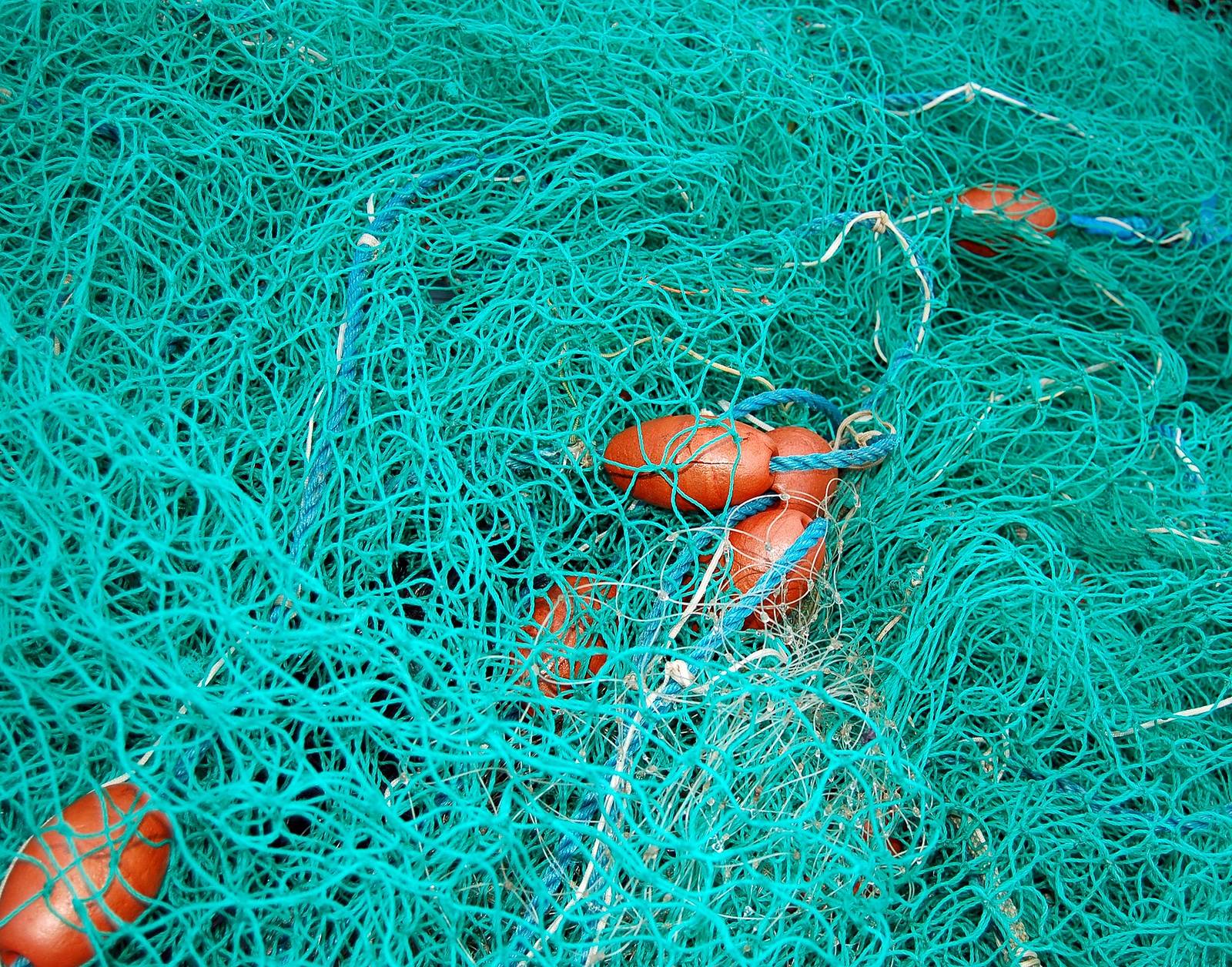
Together these three companies control 70 to 80 percent of the domestic canned tuna market. Since their providers use fishing techniques known to harm or kill dolphins, they violate state and federal laws. There are safer if more expensive methods like the pole-and-line method used by some of their competitors. However, the suits claim, the U.S.’s three biggest canned tuna brands continue to use outdated, environmentally destructive methods for no other reason than profits.
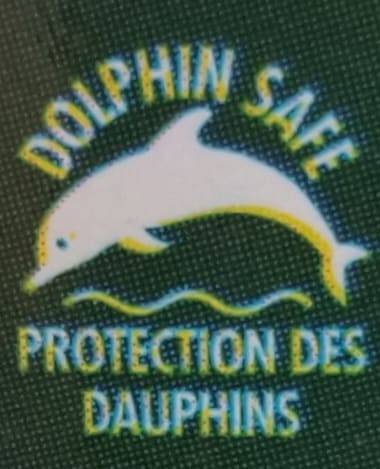
Are Dolphin-Safe Labels True?
If saving the oceans is on your to-do list, the best thing you can do is stop eating fish and other seafood because the “dolphin-safe” label has been proven to mean relatively nothing.
Read more – Farmers Market Lies Exposed: Vendors Lying About Where Their Produce
For more information please visit Save the Dolphin-Safe Campaign website.


